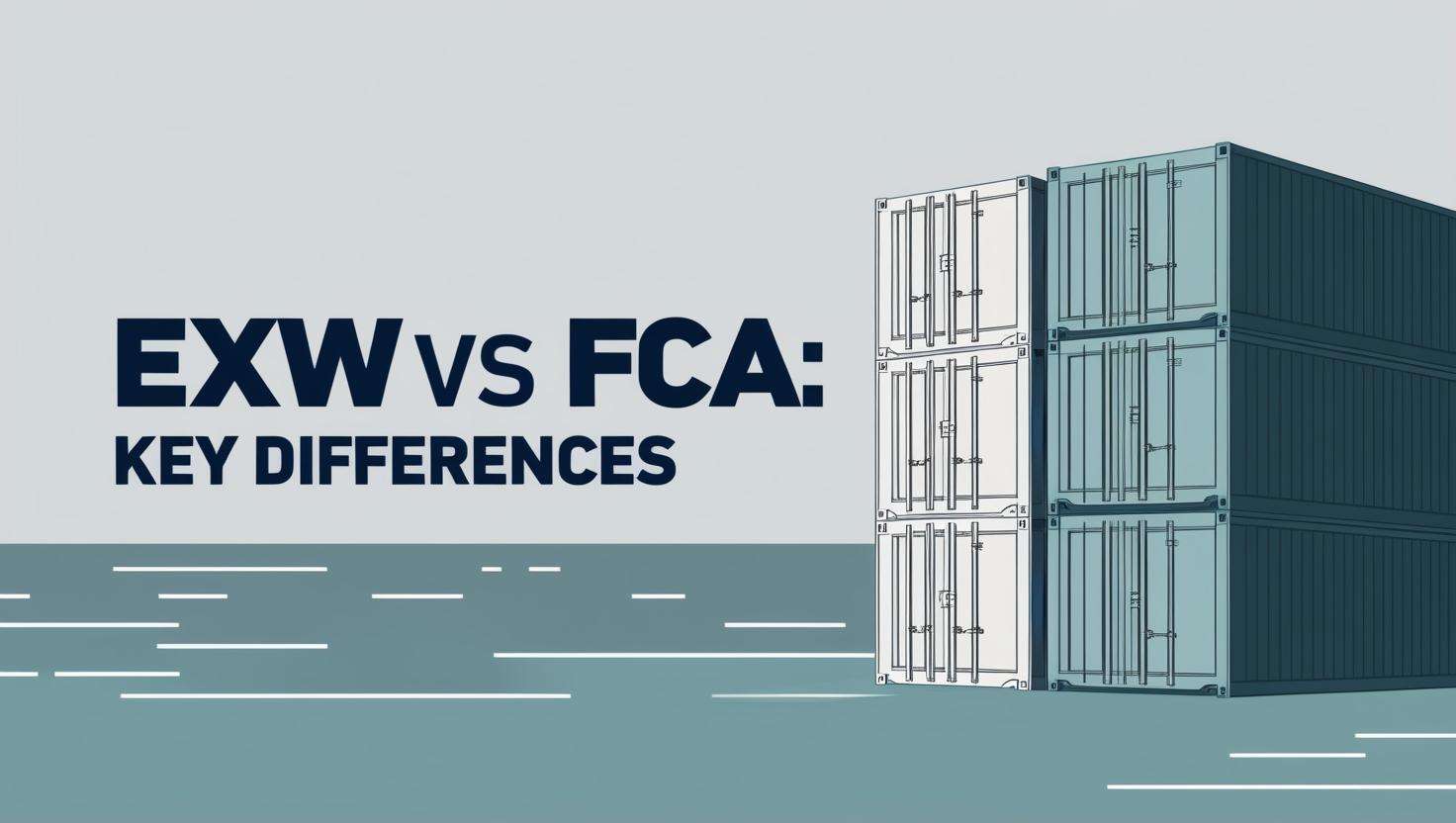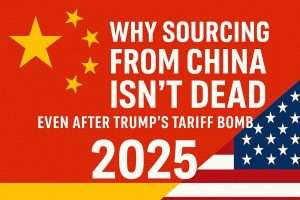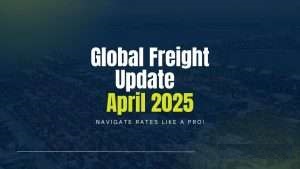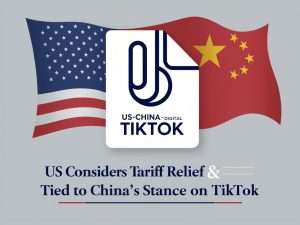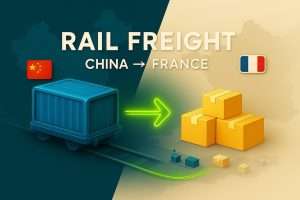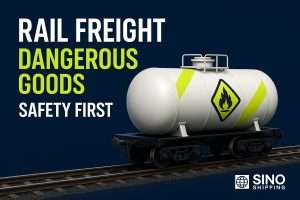In international trade, understanding Incoterms is vital to effectively manage risk, responsibilities,
and costs. Two key Incoterms that often come up in negotiation with suppliers are
EXW (Ex Works) and FCA (Free Carrier). While both deal with
the question of who pays for and manages the initial transportation and export processes, each sets
different boundaries for seller and buyer obligations.
What is EXW (Ex Works)?
EXW (Ex Works) places the bulk of responsibility on the buyer right from the start:
- Once the seller has the goods ready at their warehouse or factory,
the seller’s role ends. The buyer or their appointed freight forwarder is expected
to handle loading, export documentation, inland transport to the port or airport,
and all subsequent steps. - In essence, the risk transfers from seller to buyer
as soon as the goods are made available at the seller’s premises. - Although it can grant more control over each step of the shipping process,
EXW can be complex if you are unfamiliar with local regulations and logistics
requirements—especially in countries with unique documentation procedures.
When is EXW beneficial?
If you’re a buyer with extensive shipping experience, you may prefer EXW because it can
sometimes help you avoid markups that suppliers add to their local charges. Additionally,
if you have multiple suppliers in the same region, you can consolidate shipments yourself,
potentially optimizing costs. However, EXW demands significant coordination and resources on your end.
What is FCA (Free Carrier)?
FCA (Free Carrier) is an Incoterm that shifts a fair portion of origin responsibilities
to the seller, yet still gives the buyer control over the main transport and final stages of the journey.
- Under FCA, the seller is responsible for
export clearance and delivering the goods to a carrier (or another party) nominated by
the buyer at a specified location (could be a port, airport, or even the seller’s own facility,
depending on the agreement). - Once the goods are handed over to the carrier at that named place,
the buyer takes on the risks and costs for the main carriage,
along with insurance and import duties at the destination. - FCA is particularly useful if you want the supplier to handle local export procedures,
but you still prefer to select and control the main shipping route or carrier.
When is FCA ideal?
FCA is a popular choice if you’re looking for a middle ground: The seller deals with paperwork for
export clearance—which can be time-consuming and intricate—while you handle the more
significant freight leg and final delivery. This often helps minimize errors on export
paperwork and streamlines the pick-up process.
EXW vs FCA: Comparison Table
Below is a side-by-side comparison of key points under each Incoterm:
| Responsibility | EXW (Ex Works) | FCA (Free Carrier) |
|---|---|---|
| Goods made available at | Seller’s warehouse/facility | Named place where the carrier takes possession (could be seller’s premises or elsewhere) |
| Export customs clearance | Buyer (must handle all export documentation) | Seller (handles export procedures) |
| Inland transport to carrier | Buyer | Seller (up to agreed delivery point) |
| Main transport costs | Buyer | Buyer |
| Import customs clearance | Buyer | Buyer |
| Insurance | Buyer | Buyer (after goods handed to carrier) |
| Risk transfer point | Upon goods being made available at the seller’s premises | When goods are handed to the carrier at the agreed place |
| Complexity level | Higher for the buyer (especially for beginners) | Moderate, as export clearance is handled by seller |
| Control & flexibility | Maximum for buyer (but also high responsibility) | Balanced; seller manages origin tasks, buyer directs the main leg |
Detailed Considerations
1. Export Documentation
EXW: Under Ex Works, the buyer must handle all export paperwork. This can be
time-consuming if you’re not familiar with local regulations or don’t speak the local language.
FCA: The seller is in charge of export clearance and documentation, which reduces
bureaucratic hassles for the buyer.
2. Cost Breakdown
EXW: The unit price may look lower initially, but you may incur
additional local handling costs, licensing fees, and other charges.
If you fail to account for these, you might end up with a higher overall bill.
FCA: Often more transparent for the buyer since local fees (port charges, export duties,
etc.) are handled by the seller. You’ll mainly pay for main freight, insurance, and any import-related costs.
3. Carrier Selection
EXW: You have total freedom in choosing any carrier or freight forwarder,
but you’re also solely responsible for picking up the goods on time and managing any logistical hiccups at origin.
FCA: You typically nominate the carrier and the seller delivers to that carrier,
which strikes a balance between your control and the seller’s responsibilities.
4. Risk Management
EXW: Full risk from the seller’s warehouse onward rests with the buyer. If anything goes
wrong during loading or local transport to the port, it’s your issue to resolve.
FCA: The seller remains responsible until the goods are delivered to the carrier,
making it less risky for you during the initial stages of the logistics chain.
Real-life Scenarios: Choosing EXW or FCA
Scenario A: Multiple Suppliers & Consolidation
If you have multiple suppliers in the same region and wish to
consolidate shipments at one warehouse before forwarding, EXW can make sense.
You can organize a truck to collect goods from different locations, sort them at a consolidation warehouse,
and then ship everything together. This often reduces overall freight costs but requires strong
coordination skills and a trusted forwarder on the ground.
Scenario B: Streamlined Exports for First-time Importers
New importers often choose FCA because the seller takes care of the local export clearance
and documentation—a phase that can be stressful without local expertise.
You, as the buyer, can focus on the main shipping route, insurance, and final delivery.
FCA also reduces the likelihood of documentation mistakes that could delay the cargo at export.
Scenario C: Large-volume Regular Imports
If you import large volumes regularly, you might have a well-established logistics network.
In such cases:
- EXW could help you negotiate better rates on local handling
or leverage your own warehouse near the supplier’s location, thus cutting costs.
This is ideal if you already have an international procurement team or third-party logistics provider
managing everything on-site. - FCA could still be appealing if you want to let the supplier handle
the export bureaucracy, minimizing the administrative overhead at origin.
Advantages & Disadvantages Summarized
| Key Points | EXW (Ex Works) | FCA (Free Carrier) |
|---|---|---|
| Risk & Responsibility |
|
|
| Ease of Operations | More complex as buyer must manage export documentation and local transport. | Simpler for the buyer since the seller handles export clearance before handover. |
| Cost Optimization | Potentially lower if you can handle local logistics cheaply, but unexpected costs might arise. |
Transparent because the seller covers export fees. The buyer mainly pays for main freight, insurance, and import duties. |
| Ideal For | Experienced importers with solid logistics networks, or businesses needing maximum flexibility in origin consolidation. |
New importers or those wanting to avoid local origin complications and let the seller handle export formalities. |
Common Pitfalls & Mistakes
1. Overlooking “Hidden” Local Fees Under EXW
Some importers choose EXW to get a low product cost from their supplier but forget to factor in
local trucking, customs stamps, handling fees, or loading charges at origin.
Always ask your freight forwarder for a detailed cost breakdown before committing to EXW.
2. Confusion About Named Place Under FCA
Under FCA, it’s crucial to specify the exact location for delivery—whether that’s the
supplier’s premises or another agreed site. Misunderstanding this detail can lead to costly disputes
over who covers loading or transport to the carrier’s warehouse.
3. Insurance Oversights
Under both EXW and FCA, the buyer typically remains responsible for
arranging insurance on the main transport leg. If you assume the seller is covering it,
you might discover you’re unprotected once the goods are in transit.
FAQ: Straightforward Answers
Is EXW always the cheapest option?
Not necessarily. Although product pricing might appear lower, you could face higher local fees for export formalities and transportation under EXW. Always compare the total landed cost before deciding.
Who’s in charge of export clearance in EXW vs FCA?
In EXW, the buyer handles all export procedures and documentation. In FCA, the seller takes care of export clearance, reducing the buyer’s workload and potential local bureaucracy.
Which Incoterm is better for newcomers to importing?
FCA is generally recommended for those new to importing, as the seller manages export formalities. This reduces paperwork errors and streamlines the handover process.
Can I choose my own freight forwarder with FCA?
Yes. Under FCA, you nominate the carrier or forwarder, and the seller is responsible for delivering the goods to that carrier at the agreed location.
What happens if goods are damaged before reaching the carrier under FCA?
The seller is responsible until the goods are handed over to the carrier. Any damage or loss before that point typically falls on the seller.
When should I choose EXW over FCA?
EXW is suitable if you have a robust logistics setup, want full control over every stage of shipping, or plan to consolidate goods from multiple suppliers. However, be prepared to manage all export tasks.
By understanding the nuances between EXW and FCA, you can negotiate terms
that fit your logistics strategy, budget, and level of international trade experience. Whether you want to
manage every detail from the factory door or prefer the supplier’s help with export formalities, choosing
the right Incoterm ensures a smoother, more cost-effective import process.

